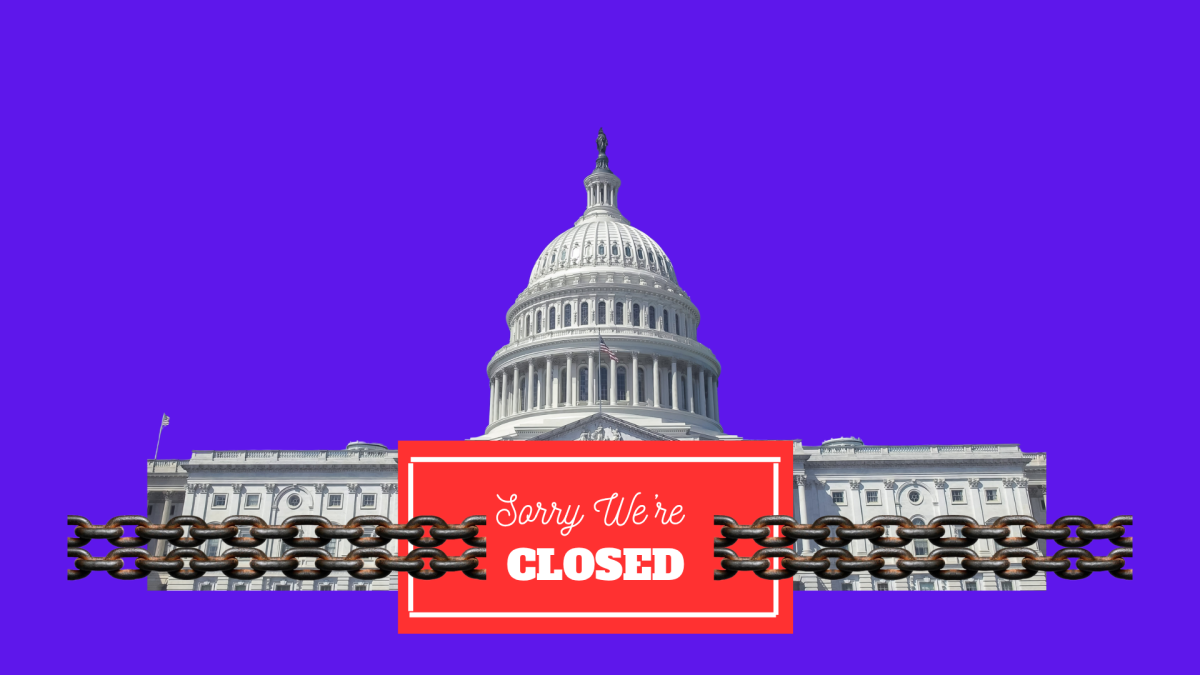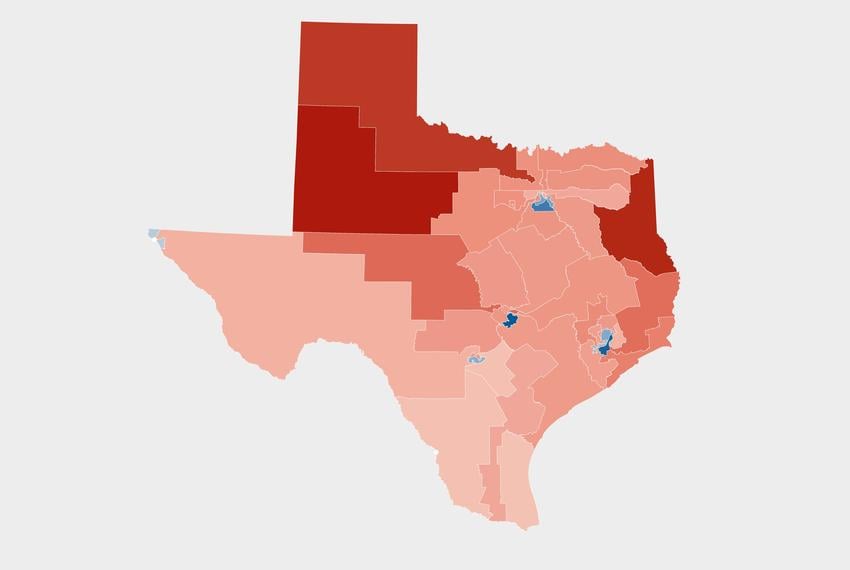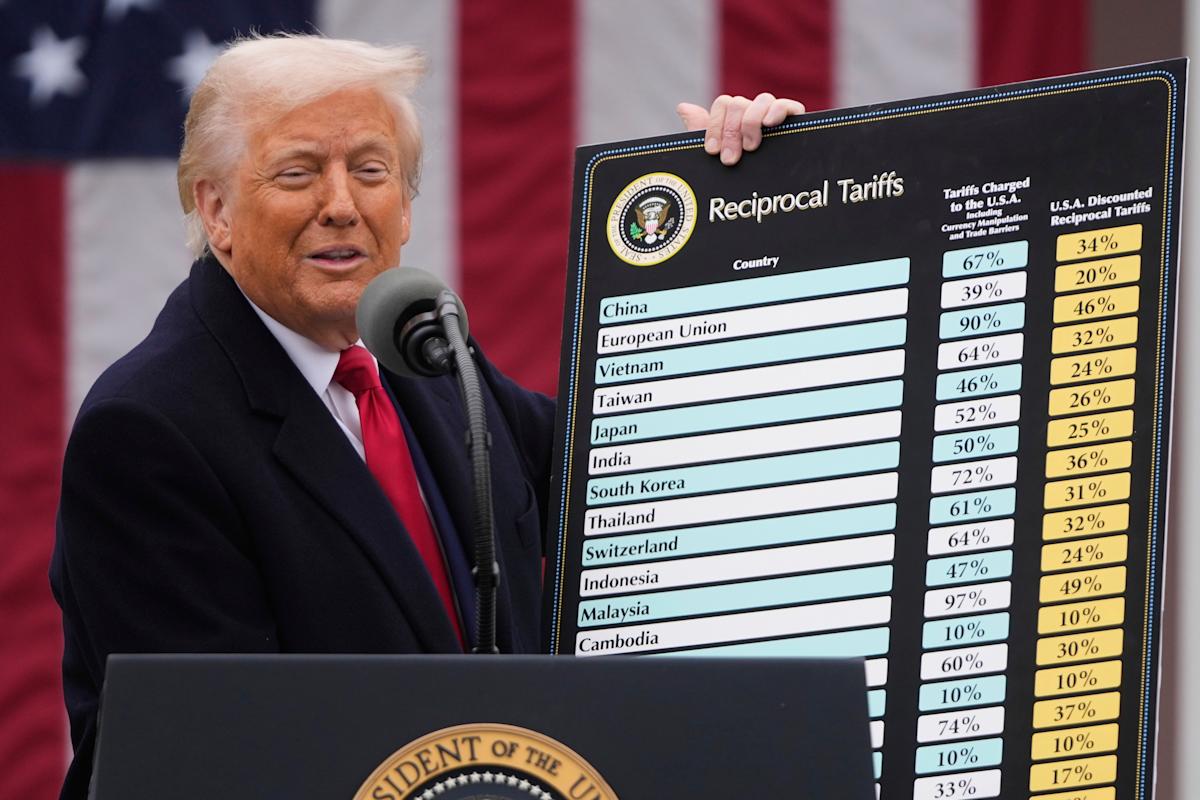Throughout his second term, President Donald Trump and his administration have focused their efforts heavily on defunding higher education, evident in initiatives like freezing millions in federal research grants for many prominent schools including Harvard and Columbia. The reason for stopping funds was due to claims that protests occurring on college campuses were not harvesting a variety of viewpoints.
Harvard and other universities responded by filing lawsuits against the White House. Last month, U.S. District Attorney Judge Allison Burroughs ruled in favor of Harvard in their efforts to restore $3 billion in federal funds that were frozen. “It is the job of the courts to similarly step up, to act to safeguard academic freedom and freedom of speech as required by the Constitution,” said Burroughs.
Furthering this push in higher education, on Oct. 1, the Trump administration proposed a memo called the ‘Compact for Academic Excellence in Higher Education.’ The University of Arizona, Brown University, Dartmouth, MIT, The University of Pennsylvania, The University of Southern California, The University of Texas at Austin, The University of Virginia and Vanderbilt University were among the nine schools listed in the initial proposal.
As of Oct. 14, the proposal was extended to include all higher education institutions.
The document sent to higher education institutions encourages them to adopt the White House’s definition of gender as ‘male’ and ‘female’ and apply it to campus bathrooms, locker rooms, and women’s sports teams. In addition, it also promotes the administration’s anti-DEI efforts by asking colleges to stop considering race, gender, and student demographics in the admissions process. This is categorically false as due to a 2023 Supreme Court decision which ended affirmative action, institutions can no longer consider race as a factor in college admissions.
Signing the proposal would yield “positive benefits” for universities involved including “substantial and meaningful federal grants” and “increased overhead payments.”
The compact states that “institutions of higher education are free to develop models and values other than those below, if the institution elects to forgo federal benefits,”. This very broad language is the administration’s way of saying universities will be punished through withheld federal benefits if they develop their own models not explicitly stated in the compact.
Reading the fine print and connecting it to the administration’s higher education agenda, the Trump administration has used language like “patriotism” to describe the efforts of the compact. Trump officials want schools to freeze their tuition for five years and cap their international undergraduate student population at 15 percent. In addition to this, no more than 5% could come from a single country. According to federal data, the universities listed in the proposal are all within 15 percent, although 120 institutions exceed it including Columbia University.
This specific request ties in to the White House wanting to ensure there is a “broad spectrum of viewpoints” on campus (regarding protests and curriculum) while also telling campuses to maintain institutional neutrality.
This could be seen as an initiative targeting schools like Columbia as the university was a major hotspot for protests being held on college campuses following the Oct. 7, 2023 attack by Hamas on Israel that began the war in Gaza and started protests regarding the treatment of Palestinians by the Israeli government and American support for Israel.
Columbia was taken to court by the Trump administration due to allegations of antisemitism by students and faculty during protests. The university is forced to pay $200 million over three years to settle the case after $400 million in federal funding which was already withheld is affecting the university as a research institution.
Education Secretary Linda McMahon called the agreement “a seismic shift in our nation’s fight to hold institutions that accept American taxpayer dollars accountable for antisemitic discrimination and harassment.” The administration’s response to these protests has fueled fear in international students of arrests and deportation.
International students from Turkey, Palestine and Iran have been detained, arrested or deported for expressing their first amendment rights to freedom of speech and freedom to assemble although those rights are protected by the U.S. Constitution, and regardless of if they are U.S. citizens. According to the Guardian, about 6,000 student visas have been revoked, some due to minor infractions like speeding.
In June, the state department announced they would be making it more difficult for students attempting to study in the U.S. through screening and vetting processes, ordering applicants to make their social media profiles public. Although refusal to cooperate could lead to delays entering the country or visa denial – as the country claims the ability to enter the country is a privilege – the constitutionality of this policy has been debated regarding immigrants’ rights.
According to NAFSA, across the U.S. the number of international students studying at U.S. universities was expected to drop 40% this fall, an estimated 150,000 students.
Due to this, the country is set to experience mass economic losses as according to the U.S. Department of Commerce, international students contributed around $50 billion to the U.S. economy in 2023 through tuition, rent, taxes, etc. In certain states like Ohio and Florida, losses are predicted to be upwards of $200 million.
On Oct. 10, the Massachusetts Institute of Technology (MIT) became the first school to publicly reject the compact with President Sally Kornbluth citing concerns about setbacks for elite institutions in particular.








